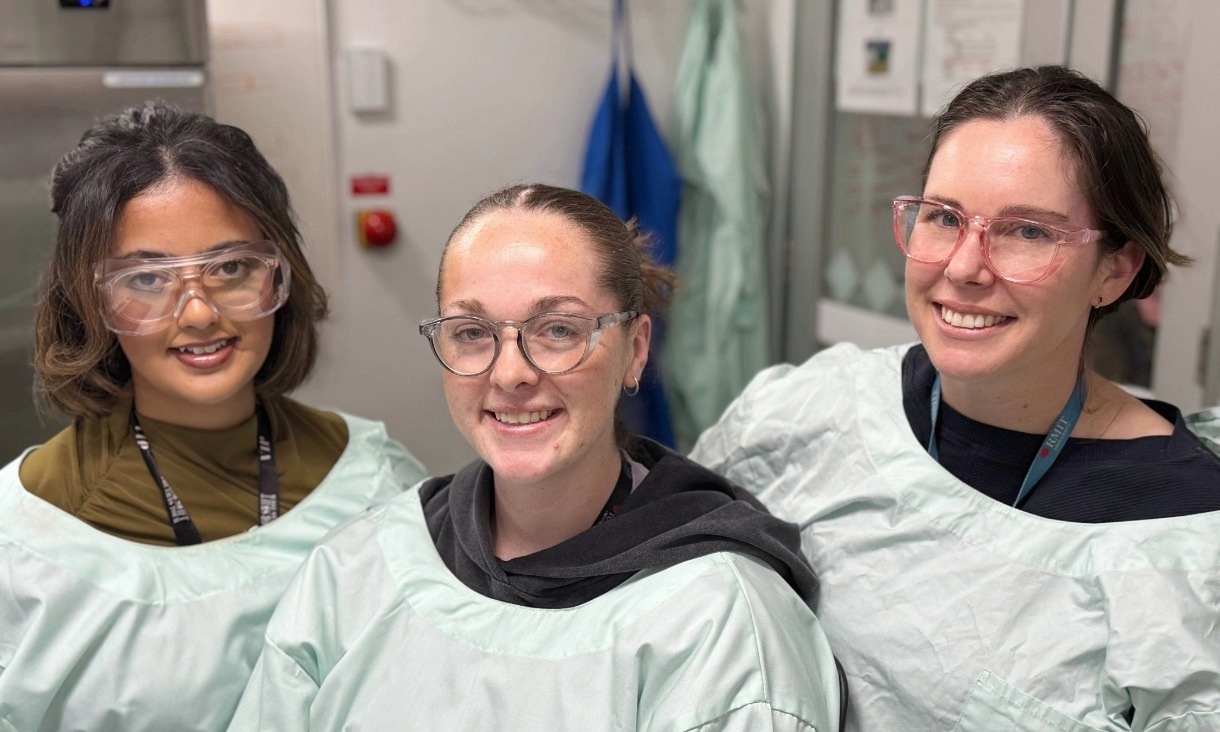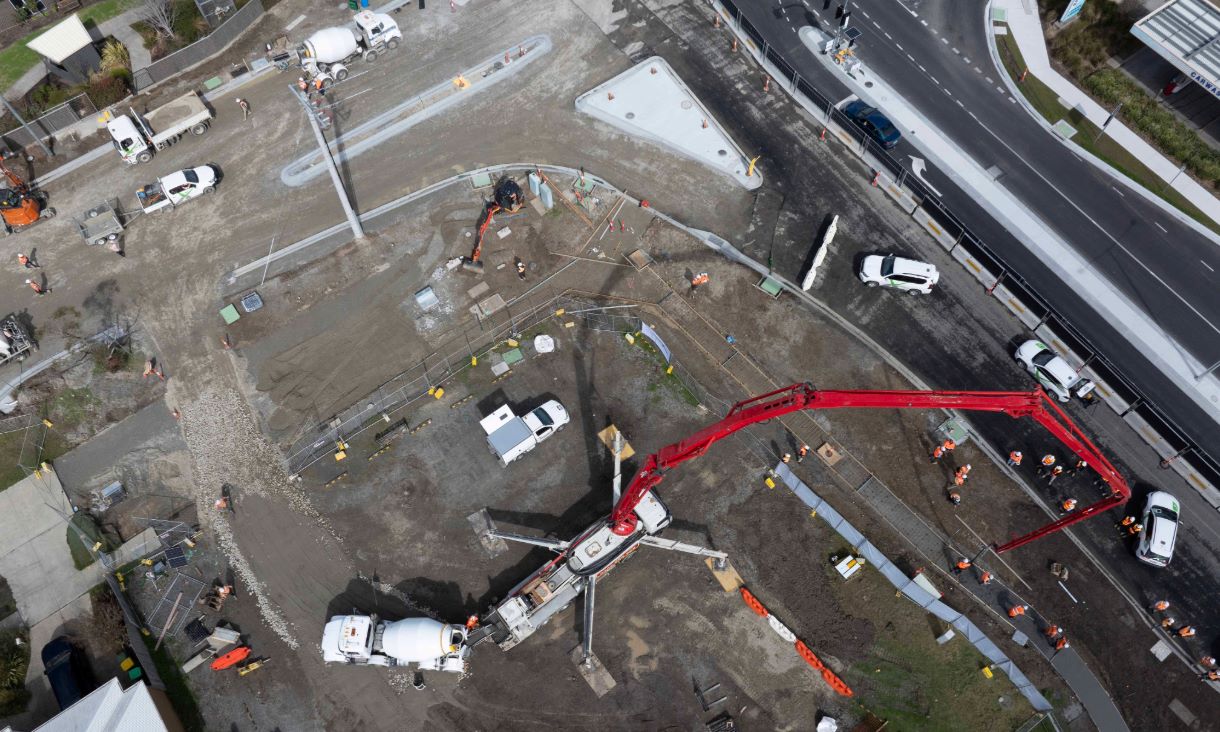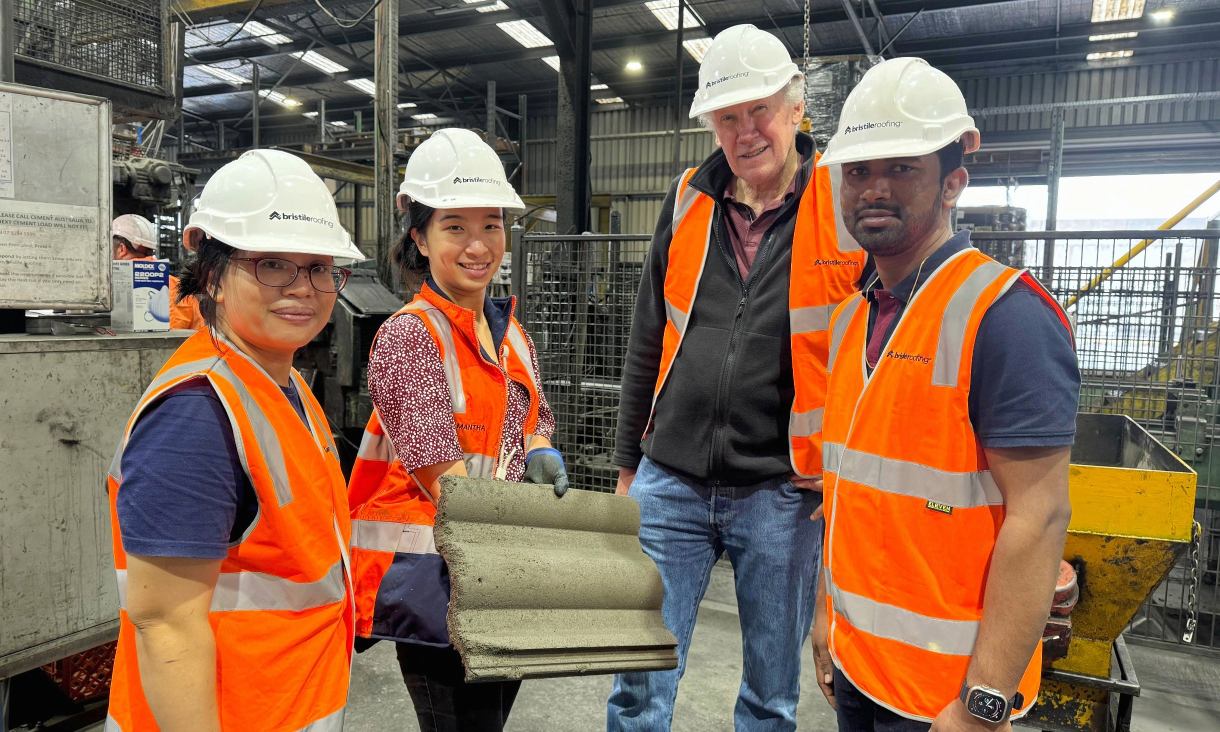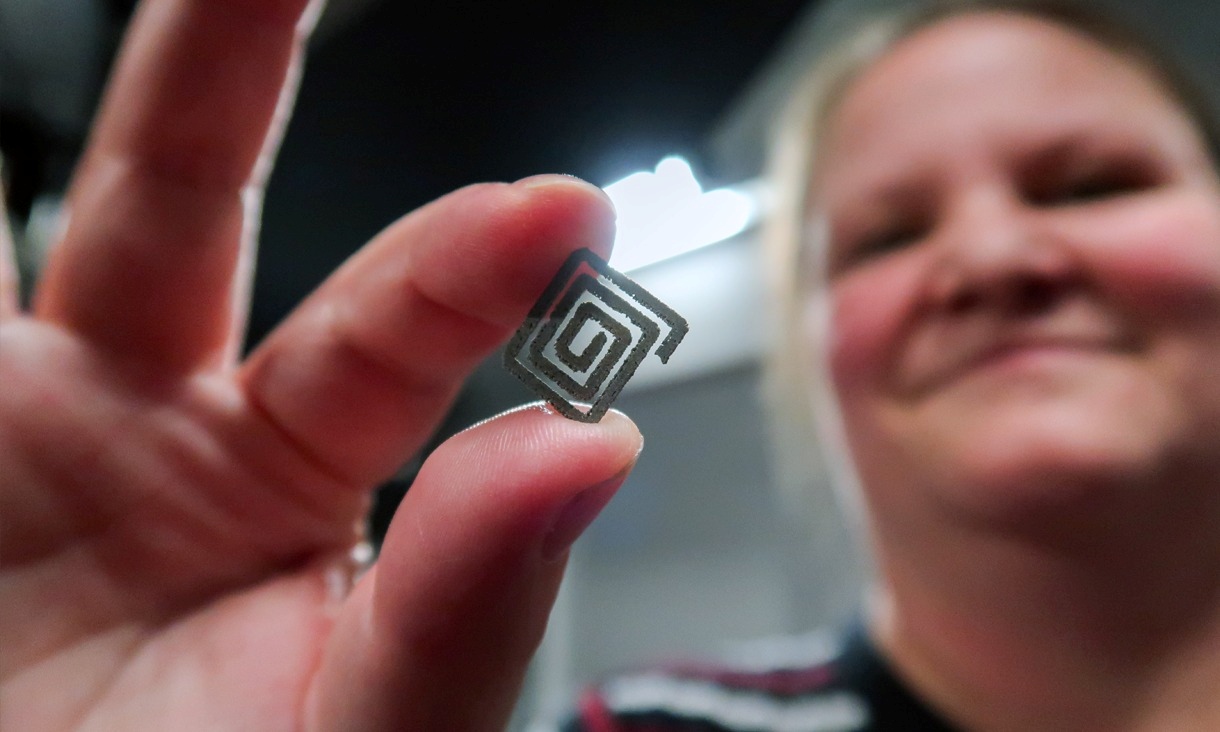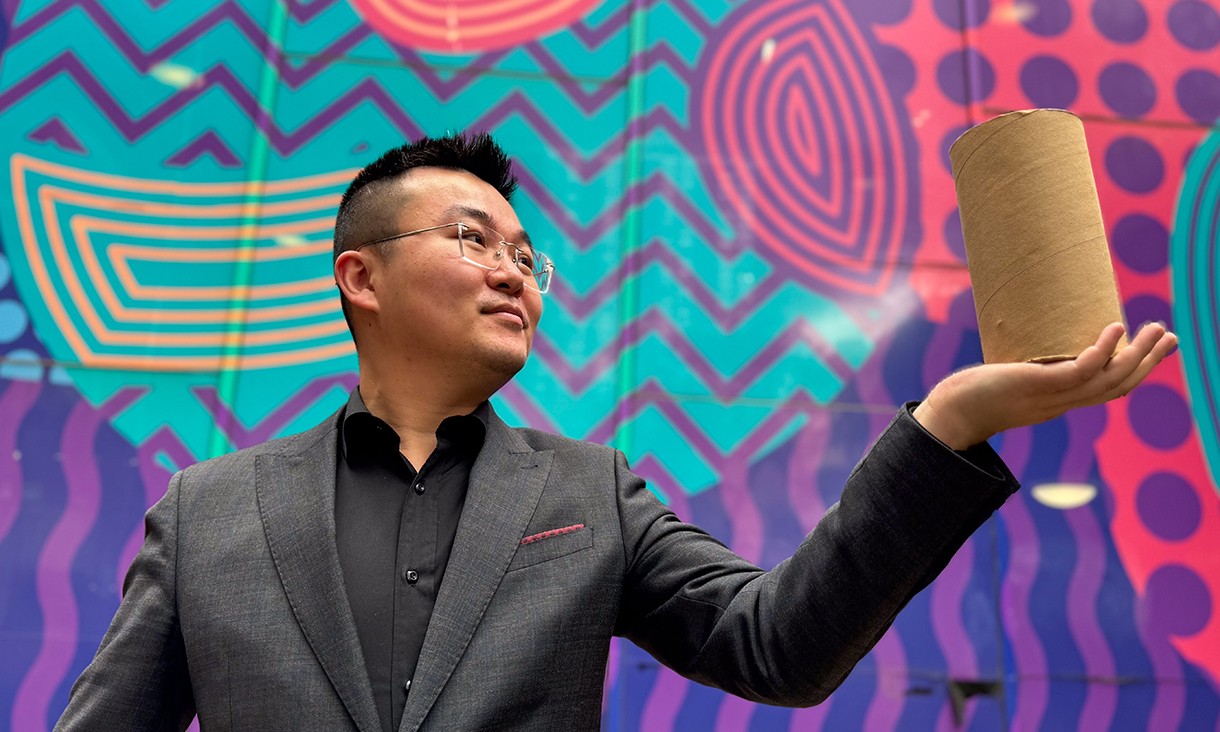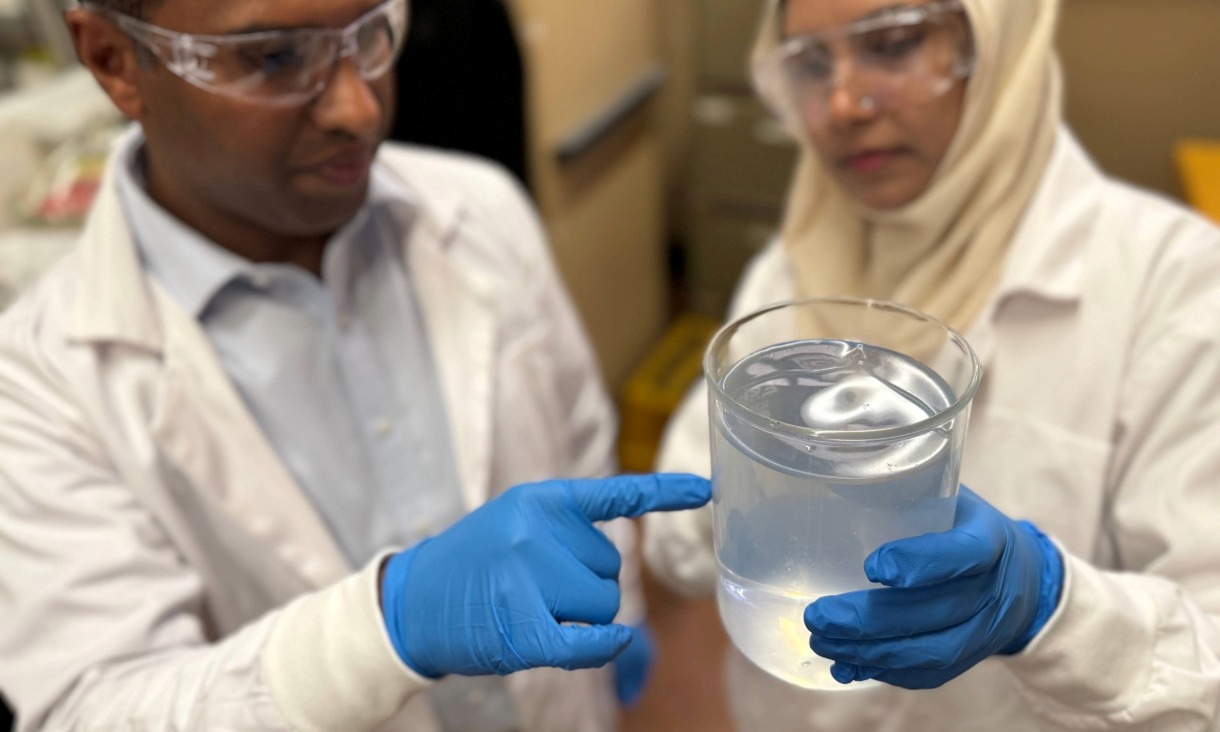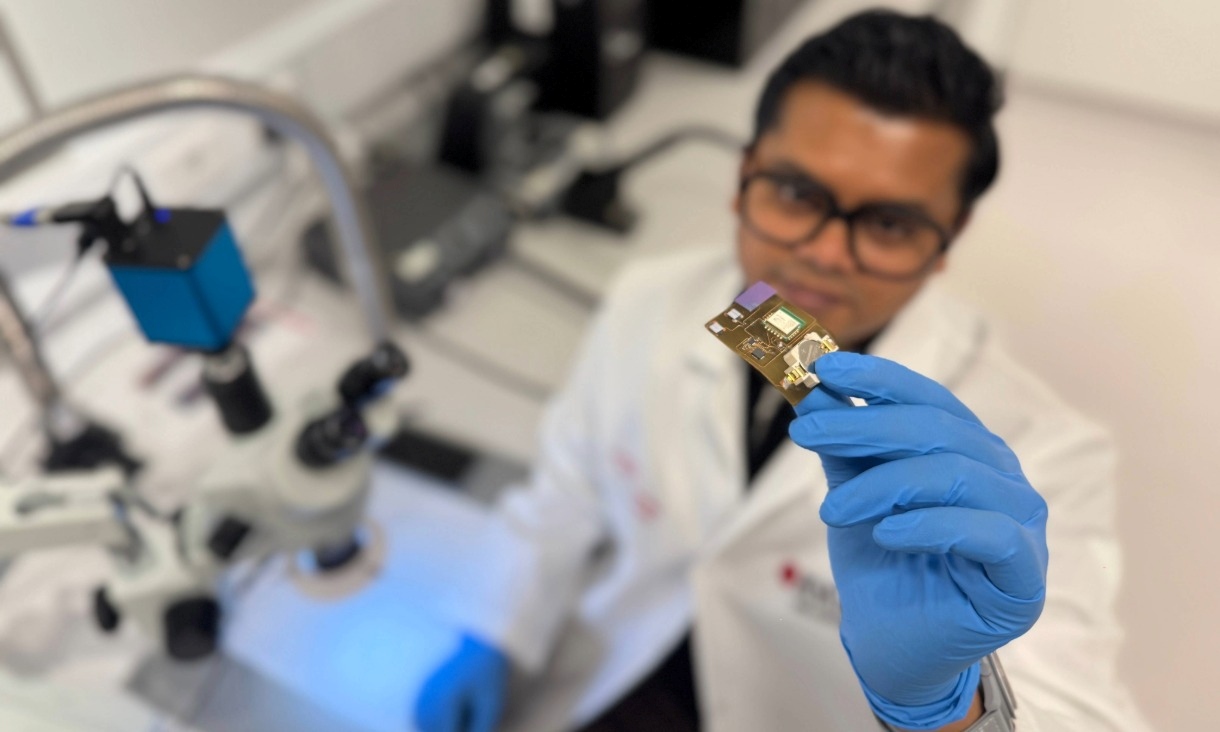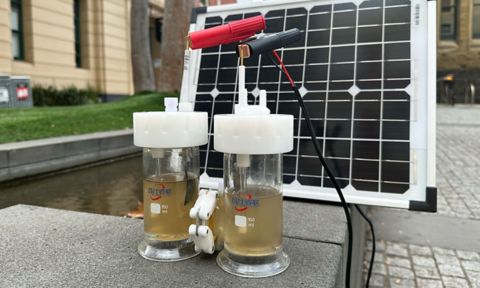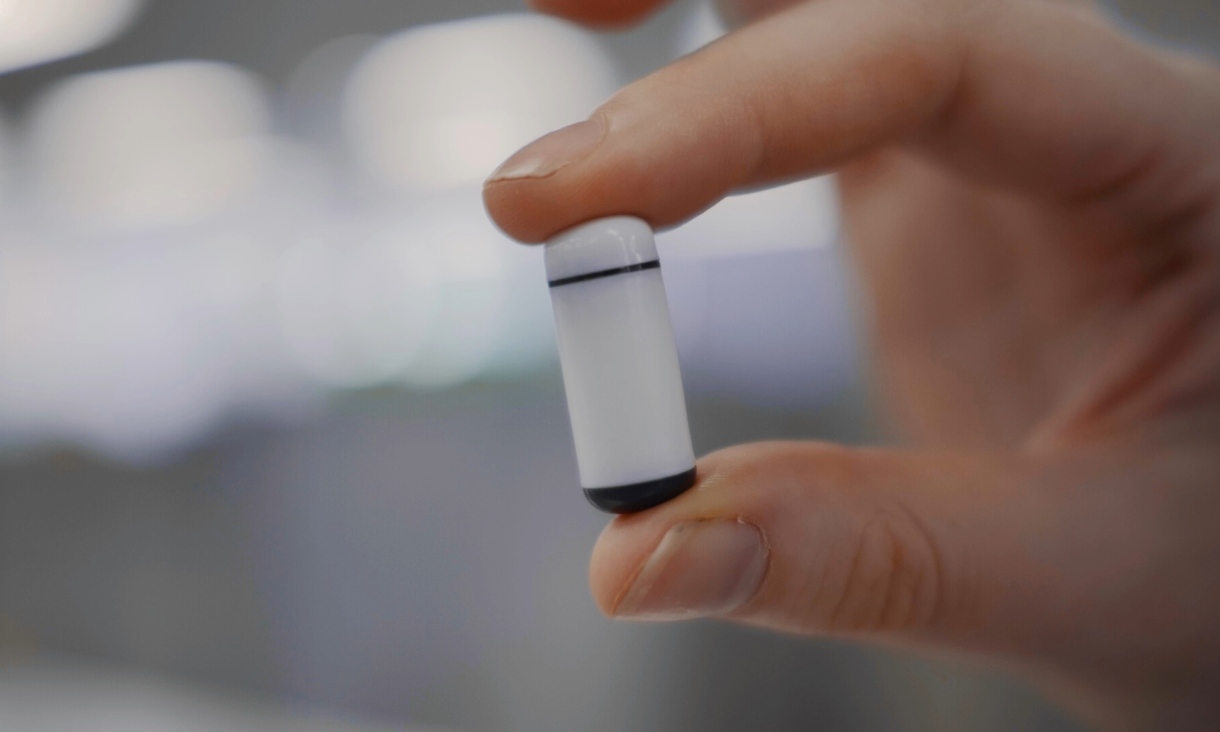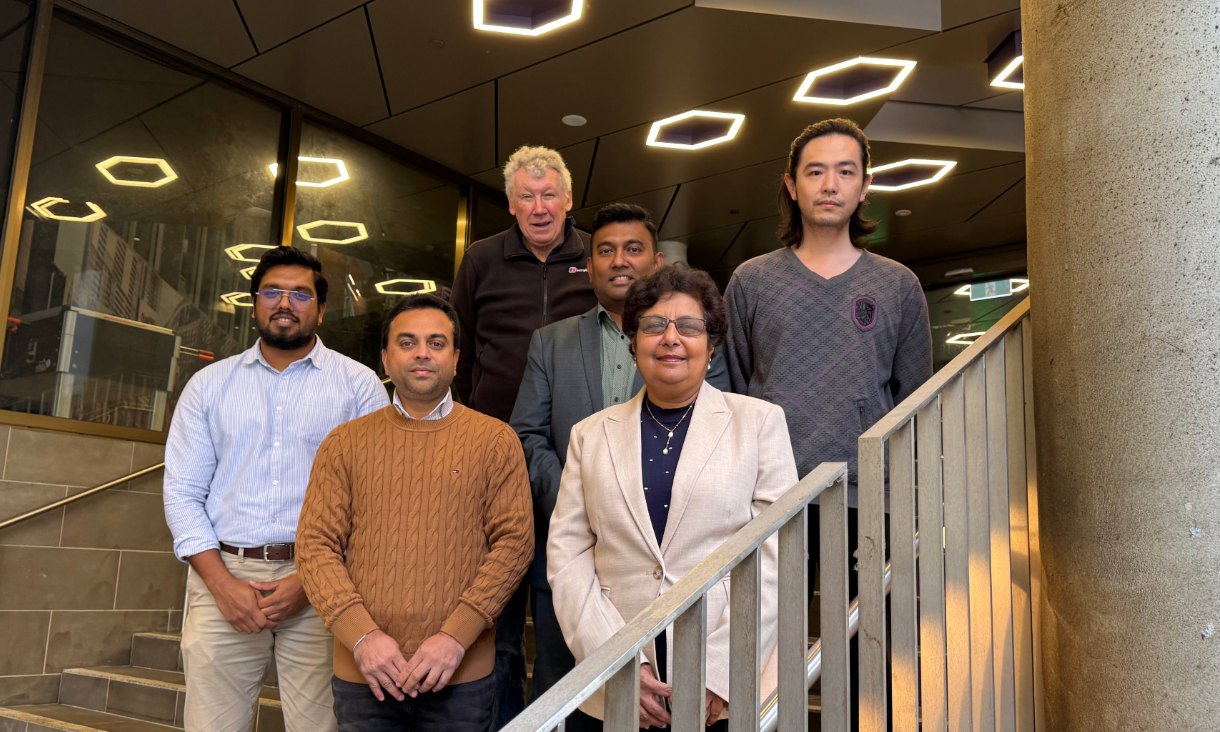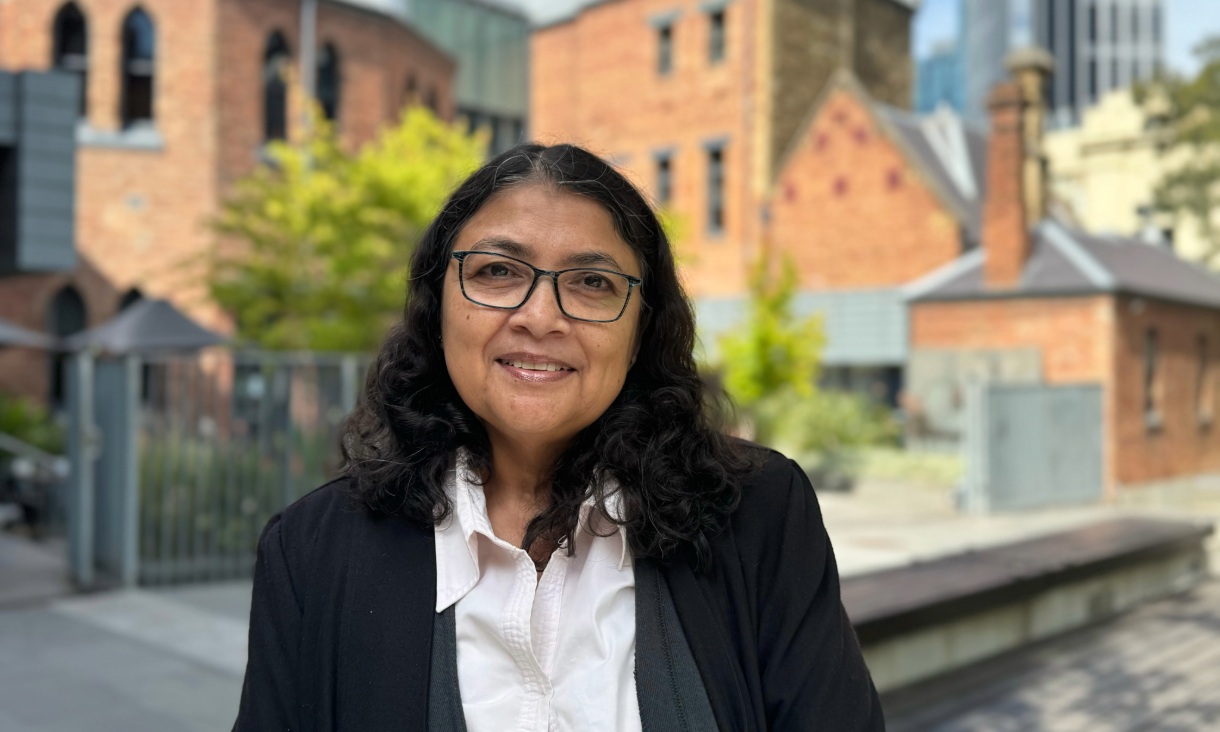‘Incredibly resilient’ nylon device creates electricity under tonnes of pressure
RMIT University researchers have developed a flexible nylon-film device that generates electricity from compression and keeps working even after being run over by a car multiple times, opening the door to self-powered sensors on our roads and other electronic devices.
Zapping stem cells could boost growth of new tissues and organs
Scientists in Melbourne have discovered how tiny electrical pulses can steer stem cells as they grow, opening the door to new improved ways of creating new tissues, organs, nerves and bones.
Coffee waste helps make lower carbon concrete
RMIT researchers are advancing new ways to cut the carbon footprint of infrastructure by turning everyday organic waste into useful construction materials.
Low carbon roof tiles give industrial waste a new home
A large-scale trial of sustainable roof tiles by RMIT and Bristile Roofing has shown that incorporating coal ash and glass waste can reduce their carbon footprint.
Diamond power could be a medical implant’s best friend
RMIT researchers have created an experimental 3D-printed diamond–titanium device that generates electricity from flowing liquid and receives wireless power through tissue making it possible to remotely sense changes in flow.
Cardboard and earth reshape sustainable construction
Engineers in Australia have developed a new building material with about one quarter of concrete’s carbon footprint, while reducing waste going to landfill.
New wastewater tech tackles fatbergs at the source
A new wastewater treatment system developed by RMIT University researchers could help prevent fatbergs – solid masses of fat, oil and grease (FOG) that clog sewers and cost water utilities globally billions to remove each year.
Smart wound monitor poised to improve chronic infection care
Researchers from RMIT University have developed a wearable wound monitoring device with integrated sensors that could reduce infection risks by minimising the need for frequent physical contact.
Wastewater contaminants boost green hydrogen production
Research led by RMIT University has developed an experimental invention to turn wastewater’s high contaminant load into an advantage for making green hydrogen that could reduce reliance on fresh water – a scarce resource in many parts of the world.
RMIT MedTech invention goes to market
An ingestible gas-sensing capsule invented at RMIT to provide real-time insights into gut health is now cleared for use in the United States.
Common low-grade clay strengthens low-carbon concrete
Engineers have converted low-grade clay into a high-performance cement supplement, opening a potential new market in sustainable construction materials.
Insect protein blocks bacterial infection
A protein that gives fleas their bounce has been used to boot out bacteria cells, with lab results demonstrating the material’s potential for preventing medical implant infection.


